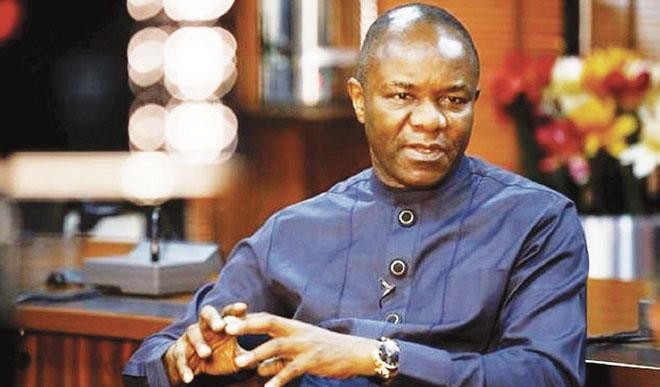Local refining is the way out
Beyond blaming the oil marketers, in my view, our economic model is the issue. As long as we continue to fix the pump price of petroleum we can only have a temporary solution to fuel scarcity. In my understanding, the only permanent solution to the perennial fuel scarcity in the country is local refining, with […]


Beyond blaming the oil marketers, in my view, our economic model is the issue. As long as we continue to fix the pump price of petroleum we can only have a temporary solution to fuel scarcity. In my understanding, the only permanent solution to the perennial fuel scarcity in the country is local refining, with total deregulation of the petroleum downstream sector. We are importers of refined petroleum products presently.
The recent crisis arose as a result of the continuous increase in the price of crude oil at the international market. “A subtle move by marketers for the Federal Government to increase fuel price appears to have failed as President Muhammadu Buhari is not disposed to the proposal. He is also saying no to the reintroduction of fuel subsidy’’ (The Nation newspaper, December 24, 2017).
Before subsidy removal in 2016, the price of crude oil at the international market was $30 a barrel. The landing cost of the products at that time was said to be below N130 a litre. The government put a price ceiling of N145 a litre. With the present price of crude oil at $65 a barrel in the international market, the marketers argue that the landing cost is between N165 to N170 per litre.
The oil marketers require that the government allows the market forces to determine the price. The marketers are unwilling to import the products because of the price cap of N145 a litre. We import refined products as a country. The moment prices of crude increase at the international market, it will definitely affect the cost of refined products being brought into our country. Landing cost is made up of: cost of crude oil, refining cost; transportation cost; depot service cost; distribution/marketing cost; taxes etc.
The oil marketers have asked for resumption of subsidy payment or total deregulation, which the government rejects. They have stopped importation. The Nigerian National Petroleum Corporation (NNPC) has been importing 99.9per cent of the products. The importation chain has its own stress because, for the storage of the products, the NNPC can only accommodate 55per cent of the products. The oil majors cater for 30per cent and independent marketers take charge of about 15per cent. So, at any point, these marketers are still needed.
The country is in dilemma presently, and to solve the crisis, in my understanding, is to either resume payment of subsidy or totally deregulate the downstream sector, which by implication, means pump price increment.
In my opinion, the country could have a permanent solution to fuel scarcity through local refineries. We need either private or concession of government-owned refineries. It is my personal belief that even if we resuscitate the government-owned refineries, it would hardly be sustainable due to our self- centeredness and unpatriotic nature. However, we could only have a proliferation of private refineries if we have total deregulation of the downstream sector, not the present partial one. No private refinery will accept a fixed pump price.
In my humble observation, majority of us are self-centred and unpatriotic. We have dearth of selfless and patriotic citizens. For this reason, we can hardly manage government-owned businesses successfully. The government is not good at doing business anywhere in the world, especially Nigeria. We cannot continue to deceive ourselves.
May God bless Nigeria!
Nurudeen Dauda wrote from Kaduna State.
